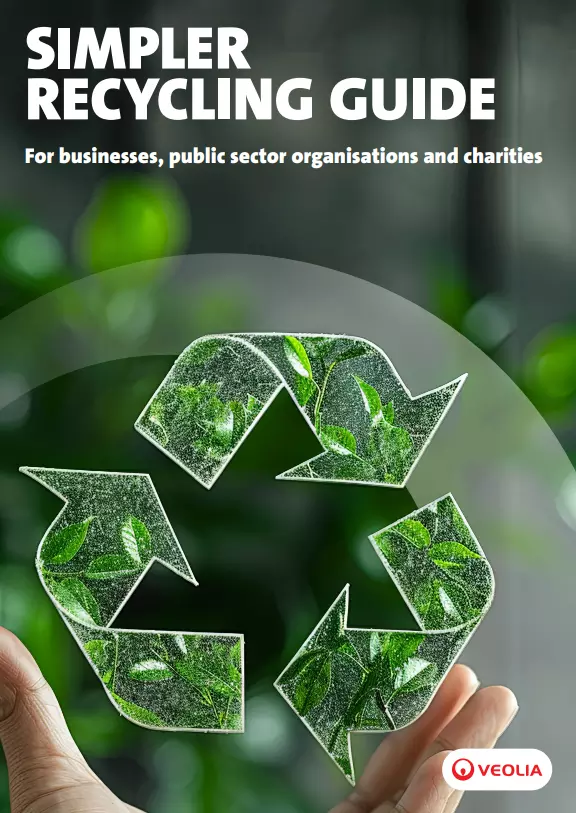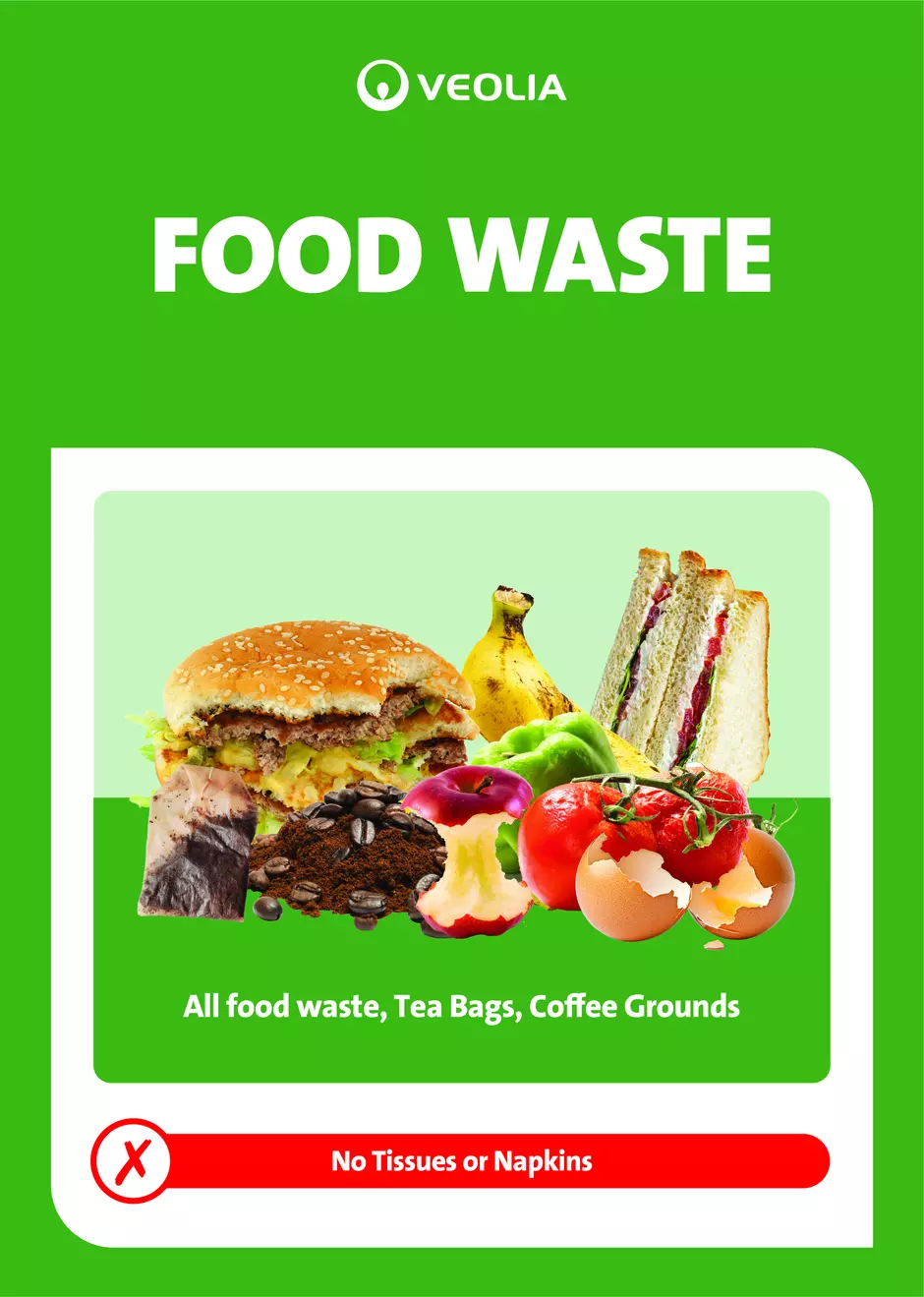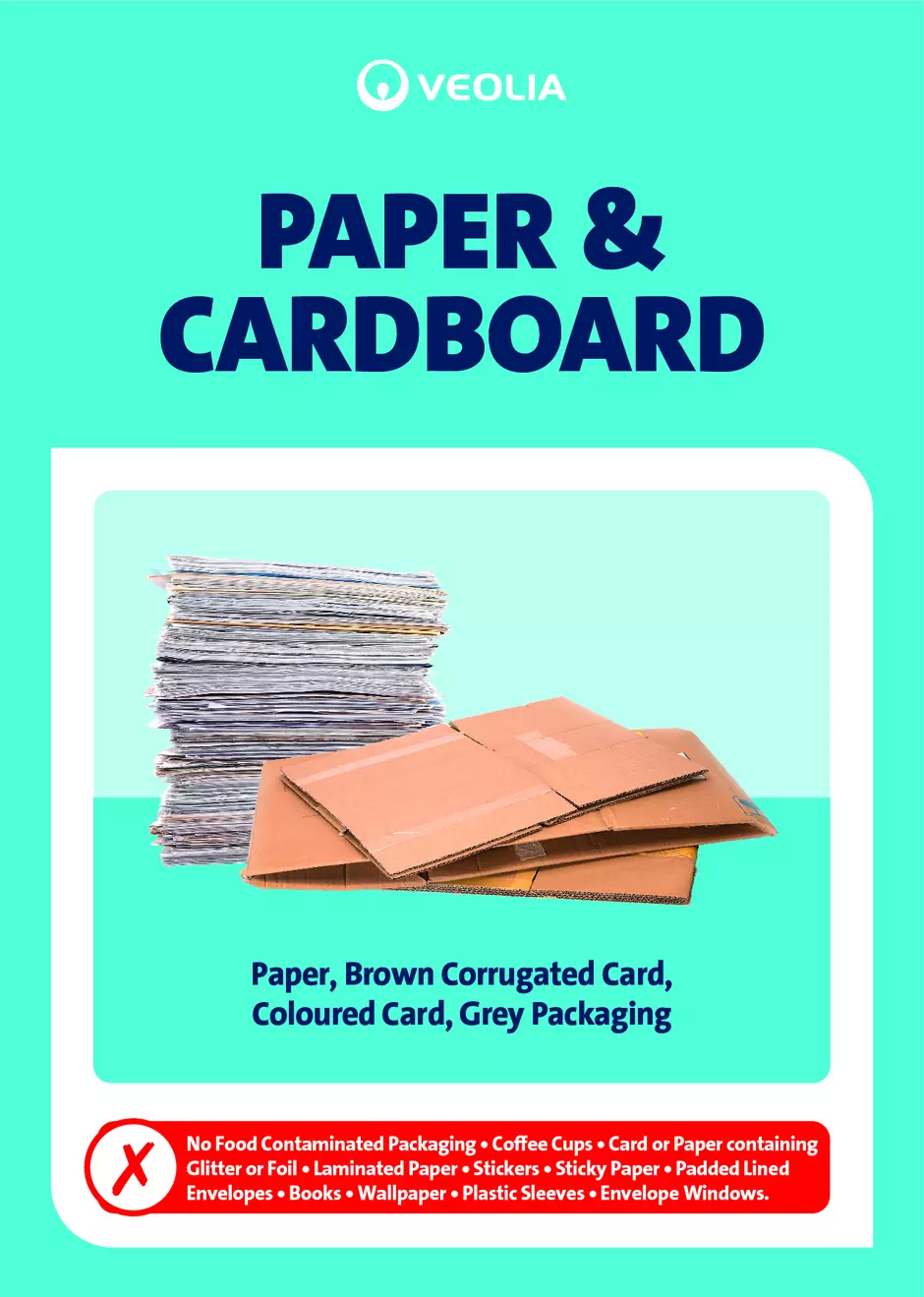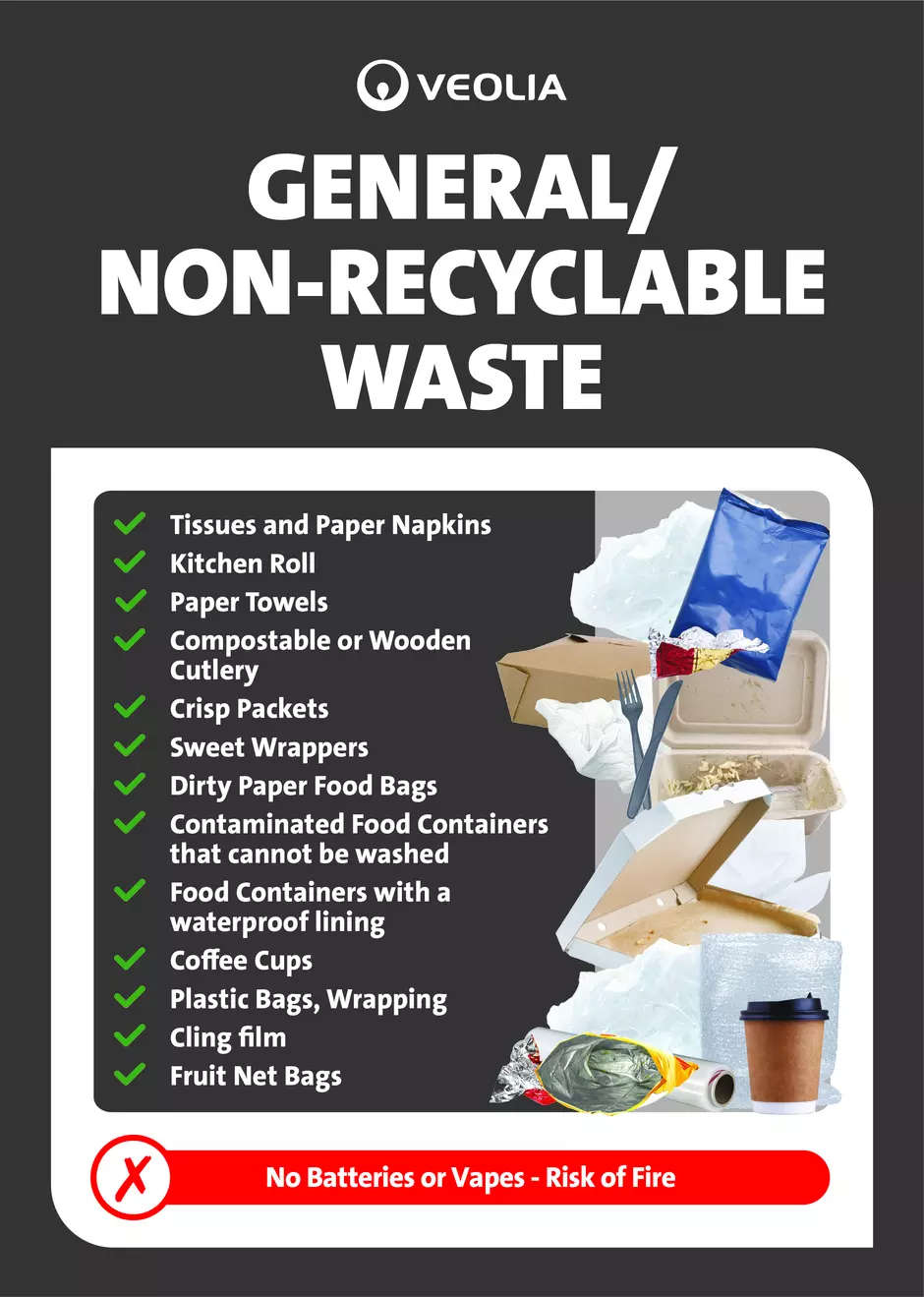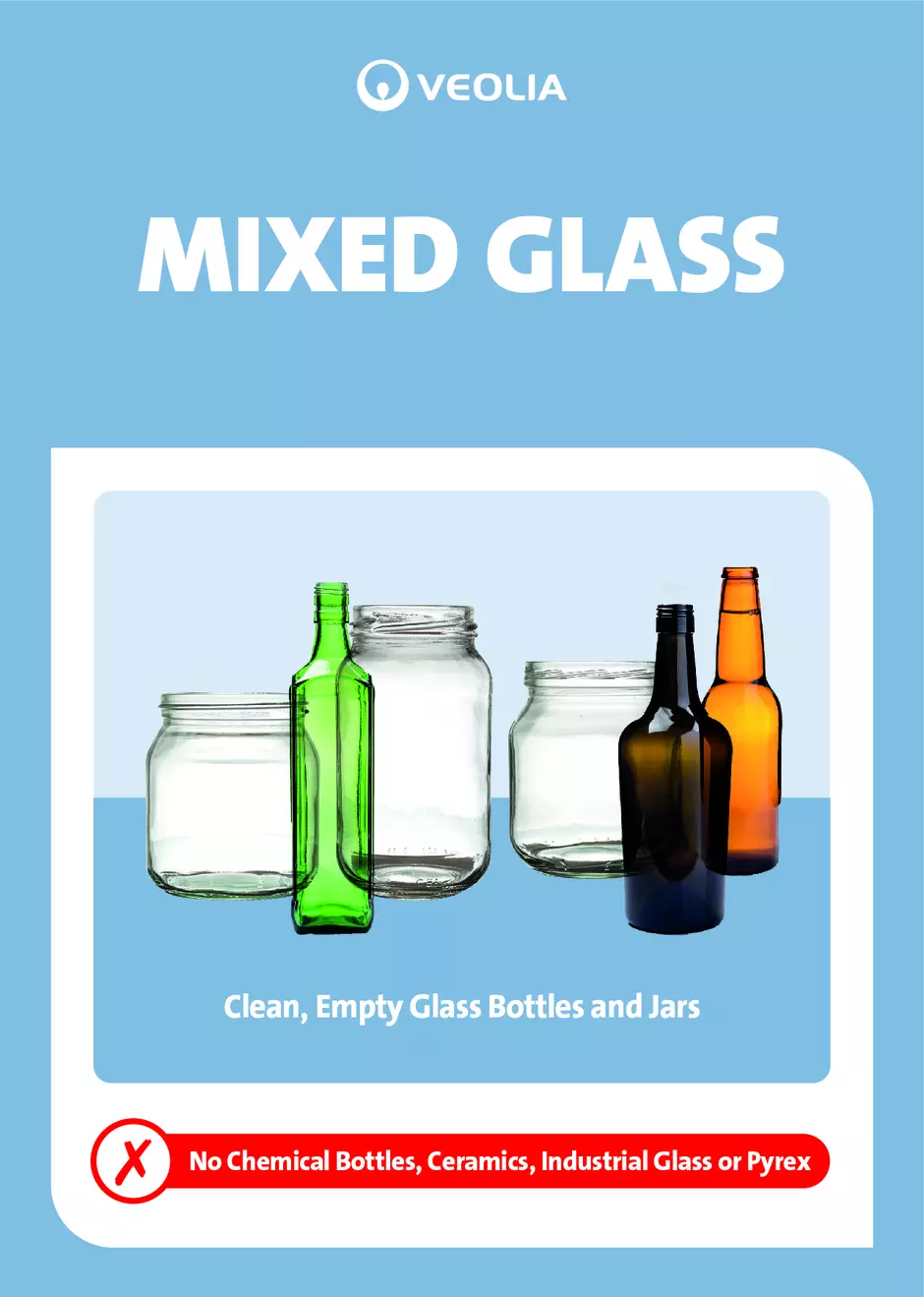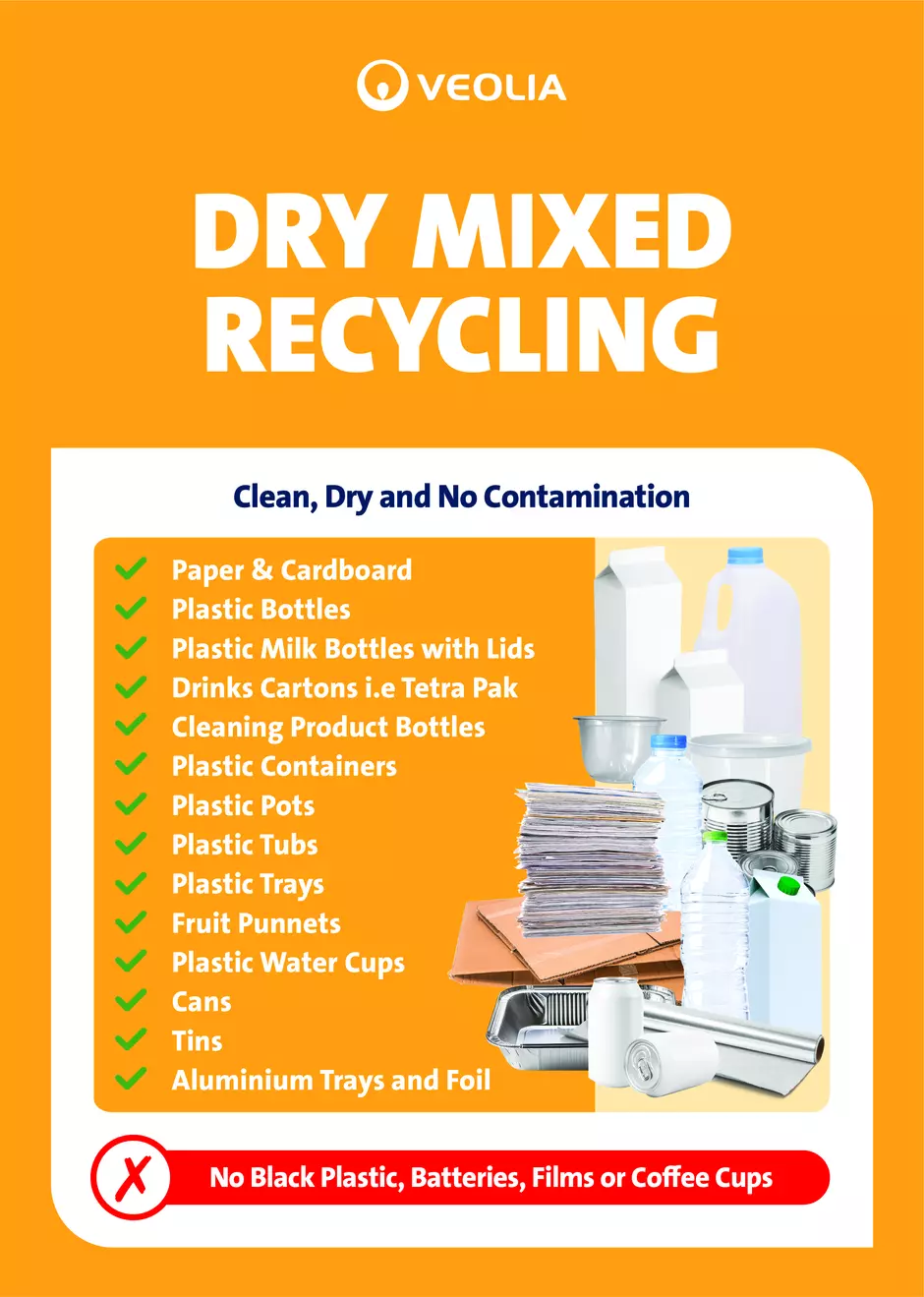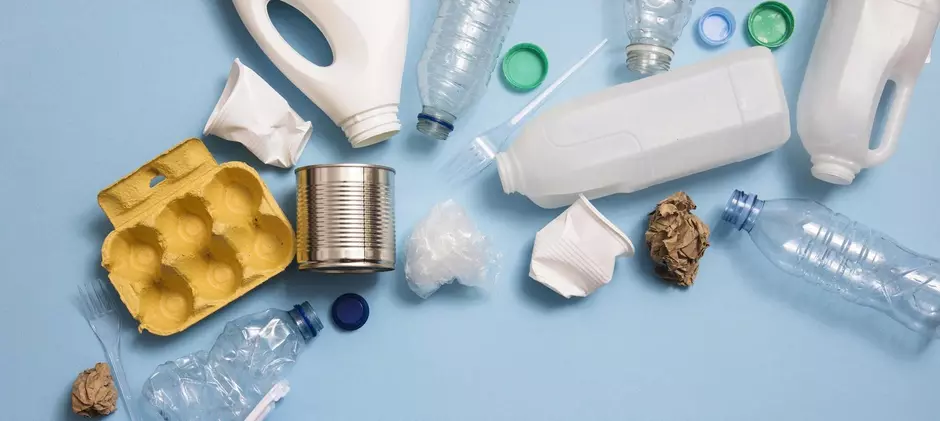Since 31st March 2025, all businesses and relevant non-domestic premises with 10 or more full-time employees must separate plastic, paper and card, glass, metals (cans, tins and foil) and food waste from general waste, saving valuable resources from going to waste and supporting the circular economy in the UK.
This applies to all businesses and other non-household premises, such as schools and hospitals with 10 or more full-time employees, regardless of how many employees are on site at one time. For example, if your business has five locations with only two full-time employees based at each, you will still be required to implement the Simpler Recycling regulations. We’ll talk you through this below.
Local Authorities have until the 31st March 2026 to implement these requirements for all residents.
Businesses and other non-household premises with fewer than 10 employees have until 31st March 2027.
Download our Simpler Recycling Guide today:
Who is affected by Simpler Recycling?
Everyone in England will be affected by Simpler Recycling but the timeline for businesses and households are different so please read on to find the dates you will need to be ready by.
Households: all properties (houses, flats, flats above shops, etc.)
Non-domestic premises: hospitals, schools and universities, residential and nursing homes, including what are
known as Schedule 2 sites: places of worship, penal institutes, charity shops, residential hostels and public meeting places.
Businesses: Small and Medium-sized Enterprises (SMEs) (businesses with 10 or more full-time equivalent employees) and micro-firms (businesses with under 10 full-time equivalent employees).
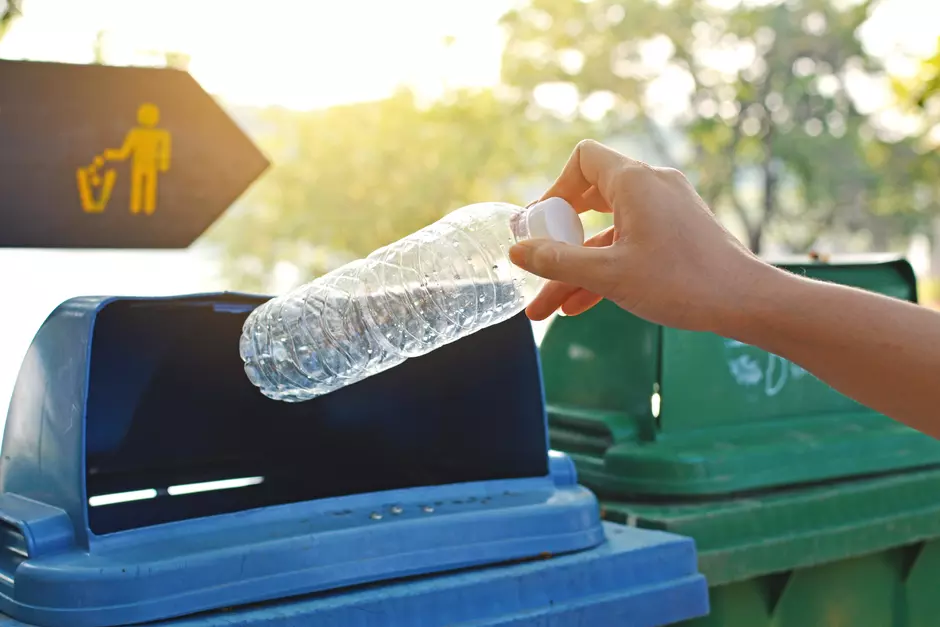
What does this mean for your business?
Under the legislation, businesses and other non-household premises with 10 or more full-time equivalent employees must:
Segregate and recycle ALL required materials
Since the 31st March 2025, your business must segregate the following materials into appropriate containers to enable the recycling of valuable resources. These are:
- Plastic,
- Glass,
- Metal (cans, tins and foil),
- Cartons & tetrapaks,
- Paper and cardboard,
- Food waste.
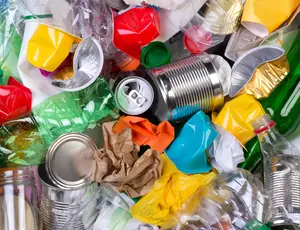
Dry Mixed Recyclables Collection (Metal, Plastic, Paper & Card)
(with items in scope) Cardboard collections (where appropriate)
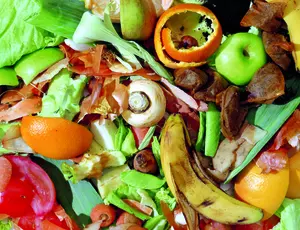
Food Waste Collection
(if food waste is produced) >
Caddies are available for small
producers
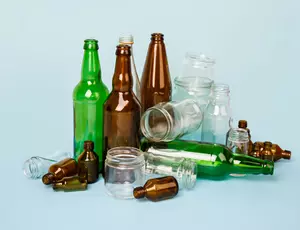
Glass Collection
(if glass is produced)
Glass
- Glass packaging including bottles and jars
Metal
- Steel and aluminium tins and cans
- Steel and aluminium aerosols used as packaging
- Aluminium foil
- Aluminium food trays
- Steel and aluminium jars and bottle lids
- Aluminium tubes, bottles and jars used as packaging
Paper & Card
All paper and card EXCEPT for the following which CANNOT be recycled:
- Fibre-based composite where the non-paper fibre content is more than 15% by weight
- Fibre-based composite which has layers of plastic on both sides (double-sided lamination)
- Fibre-based composite cups
- Paper and card to which glitter has been adhered
- Paper and card to which foil has been adhered, where the non-paper fibre content is more than 15% by weight
- Greaseproof, siliconised or waxed paper
- Stickers
- Padded polyethylene lined envelopes
- Paperback and hardback books
- Wallpaper
Food
All food intended for human or household pet consumption regardless of whether it has any nutritional value.
Biodegradable material from the processing or preparation of food, including inedible food parts such as bones, eggshells, fruit and vegetable skins, tea bags, and coffee grounds
Plastic
- Plastic bottles made of polyethylene terephthalate (PET, including amorphous, recycled PET), polypropylene (PP), high-density polyethylene (HDPE) and low-density polyethylene (LDPE_
- Pots, tubs, trays and tubes made of PET, PP, HDPE and LDPE
- Cartons for food, drink and other liquids, including aseptic and chilled cartons
- Plastic film packaging and plastic bags made of mono-polyethylene (mono-PE), mono-polypropylene (mono-PP) and mixed polyolefins PE and PP (from 31 March 2027
Garden
All organic material from the garden EXCEPT for the following which CANNOT be placed in a household garden waste recycling bin:
- Ash,
- Full-sized trees,
- Invasive weeds species
- Soil,
- Turf cuttings,
- Waste products of animal origin
The government has created provisions for flexible collection arrangements with waste collectors in relation to dry recyclable materials where it is economically, operationally and environmentally sound to do so. (For example: collecting glass separately from other dry mixed recyclable materials (DMR), or, co-collecting paper and card with other DMR).
Veolia will discuss with you how your dry recyclable waste will be collected in the most appropriate and sustainable way.
By the 31st March 2027, recyclable plastic films must be separated also.
Please note that biodegradable and compostable plastic packaging materials are not collected within any of the above categories. Speak to your local account manager for more information on how to recycle these items or place them in your general waste containers.
Training for Better Waste Segregation
Watch our instructional videos on waste segregation in England, Wales and Scotland, or download them below for seamless integration on your Learning Management System.
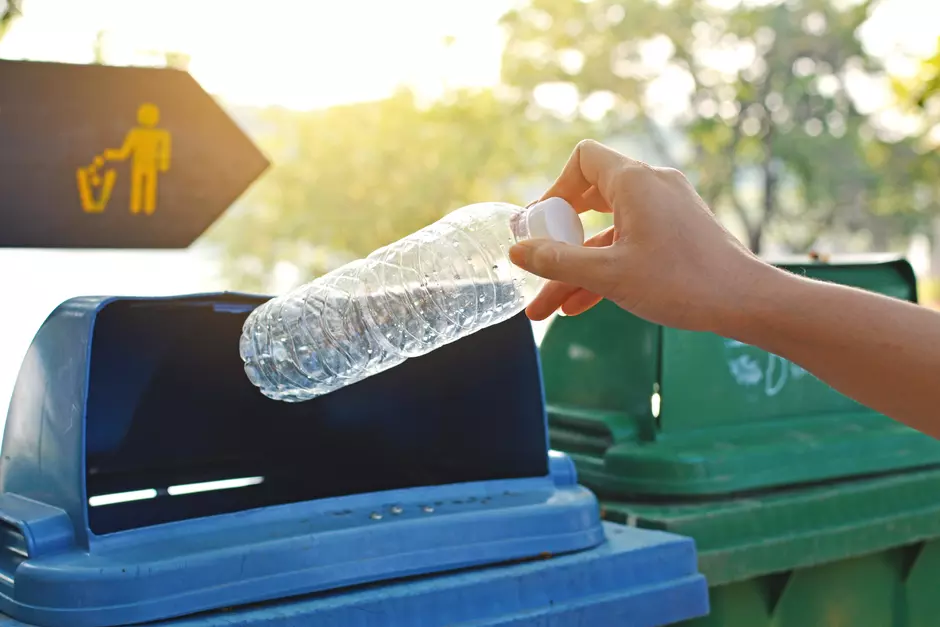
By 31st March 2025:
All businesses and other non-household premises (with 10 or more full-time equivalent employees) must implement recycling practices for all recyclable waste streams.
By 31st March 2026:
Local Authorities will be required to collect all six recyclable waste streams (excluding plastic film), from all households. Local authorities must collect food waste weekly (except where a transitional arrangement applies and affected local authorities will have a later implementation date set in regulations).
By 31st March 2027:
Micro-firms (with under 10 full-time equivalent employees) must comply with the new recycling requirements. Subject to final confirmation from Defra.
We can help you prepare for Simpler Recycling
- Assessing Existing Waste Management Plans: We can help you conduct a waste audit to better understand how to improve your recycling rates whilst reducing your waste management costs.
- Tailored to You: We provide tailored, effective and compliant waste management solutions that best suit your business and the waste your produce.
- Tracking your progress: Through monthly monitoring your compliance progress, we can provide bespoke recommendations to help you to continue improving.
What about other regions?
Wales:
As of April 2024, it became law for all businesses, other non-household premises and charities in Wales to commence separating their waste for recycling. 6 core waste streams must be segregated, stored and collected separately. These materials are:
- Food (for premises that produce 5kg+ of food waste per week);
- Paper & card;
- Glass;
- Metal, plastic & cartons;
- Unsold textiles;
- Unsold small electrical and electronic equipment (sWEEE).
Scotland:
Any and all organisations in Scotland must currently present the following materials for recycling:
- Glass (including drinks bottles & rinsed empty food jars);
- Metal (including cans, tins and foil);
- Plastic (including, drinks bottles & rinsed empty food containers);
- Paper;
- Cardboard;
- Most urban food businesses will need to present food waste separately for collection (producing 5kg+ of food waste per week; as is also the case in Wales).
How can we help?
Find out more about how we can support your business. Our experts are always on hand to deal with your request.



